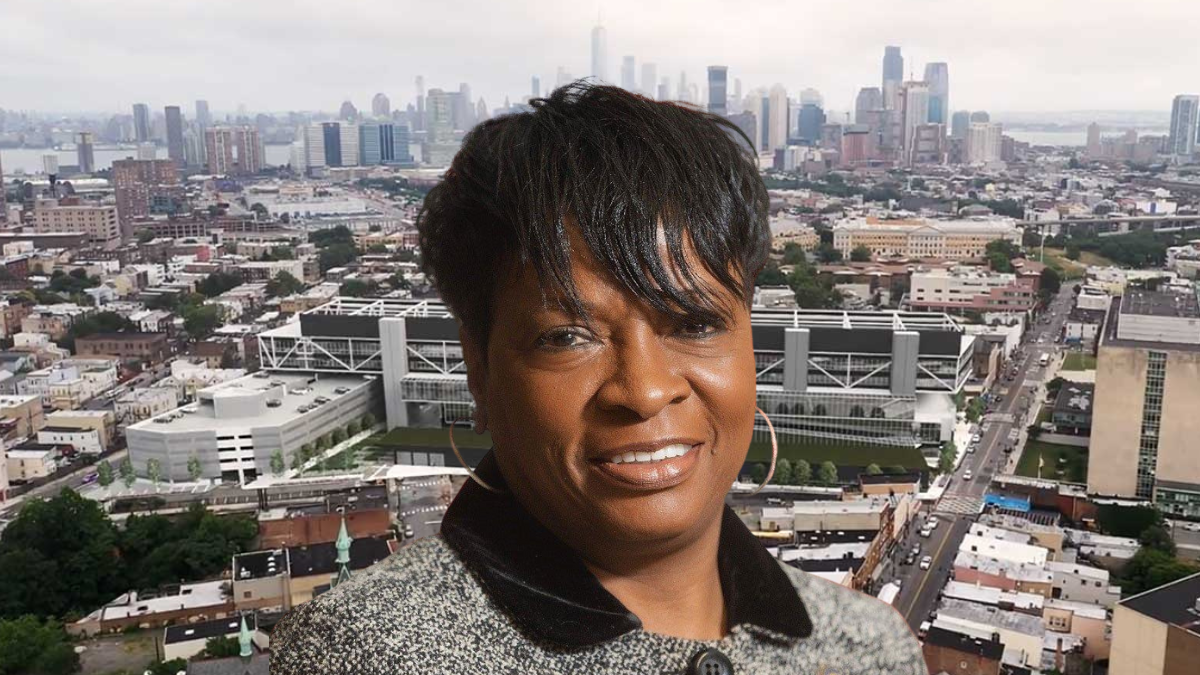Politics
Why Not Joyce? Are Unfair Cards Being Dealt to a Qualified Black Woman Candidate?

Ever since the death of Glenn D. Cunningham, the first African American mayor of Jersey City, the African American community has yearned for a mayoral candidate with the connection and experience to run the city.
For years, many believed that former State Senator Sandra Cunningham, Glenn’s widow, would be the ideal candidate. She never took the plunge. The community failed to rally behind either the late Willie Flood or L. Harvey Smith’s bids for mayor, and four years ago, they rejected Harvard graduate Lewis Spears.
With the 2025 mayoral election on the horizon, some African American leaders believe that with a crowded field, it is an ideal time for Jersey City Council President Joyce E. Watterman, who has served three terms, to run. She has announced her candidacy, yet the support she needs is lacking. As one operative stated, “Joyce has the credentials, but the African American and minority communities are failing to galvanize support for her, which affects her fundraising.”
Another operative noted, “Although it may be difficult to admit, there is a level of sexism and racism towards Joyce’s candidacy.”
It would seem that Jersey City would have had more than three women run for mayor by now, and two of them, Marylin Roman and Willie Flood, only did so in special elections.
The dwindling African American population, affected by gentrification, poses an additional challenge. Joyce may very well be the last stand for a Black mayor in Jersey City’s foreseeable future unless a self-funded millionaire can emerge to fight.
Despite her experience and qualifications, Joyce Watterman faces an uphill battle. Her credentials include years of service, deep ties to the community, and a vision for the future of Jersey City. Yet, the members of the Hudson County Black Caucus are not rallying behind her bid. Why not?
The absence of support from key African American leaders and organizations is puzzling and concerning. Some suggest that internal divisions and the politics of personal ambition are at play. Others point to the systemic issues of sexism and racism that continue to plague political campaigns. The lack of unity within the community undermines the potential for a strong, cohesive push for a qualified candidate like Joyce Watterman.
The historical context cannot be ignored. The African American community in Jersey City has seen its political influence wane due to gentrification and demographic shifts. The community’s ability to unite and support a candidate who represents their interests is crucial. Supporters of Watterman’s candidacy state it represents more than just a bid for mayor; it symbolizes the ongoing struggle for representation and equality.
As the 2025 mayoral election approaches, the question remains: Why not Joyce? Why is a qualified, experienced, and dedicated public servant not receiving the support she deserves?
The answers lie in the complex interplay of race, gender, and politics. Joyce Watterman’s campaign may highlight the need for the African American community and its allies to confront these challenges head-on and to support candidates who truly represent their interests and values for equality.
In the end, if Joyce Watterman’s candidacy is more than a political campaign; it may very well be a call to action for a community to come together, to support their own, and to ensure that the future of Jersey City includes diverse and inclusive leadership. The onus is on a coalition to form and become active and resilient.
The time for excuses and division is over. Joyce’s allies must rise and rally support to grant her the opportunity to lead Jersey City if they believe in her leadership.
Disclaimer: The opinions expressed in this column are solely those of writer and do not necessarily reflect the views or opinions of HudPost or its editorial staff.







